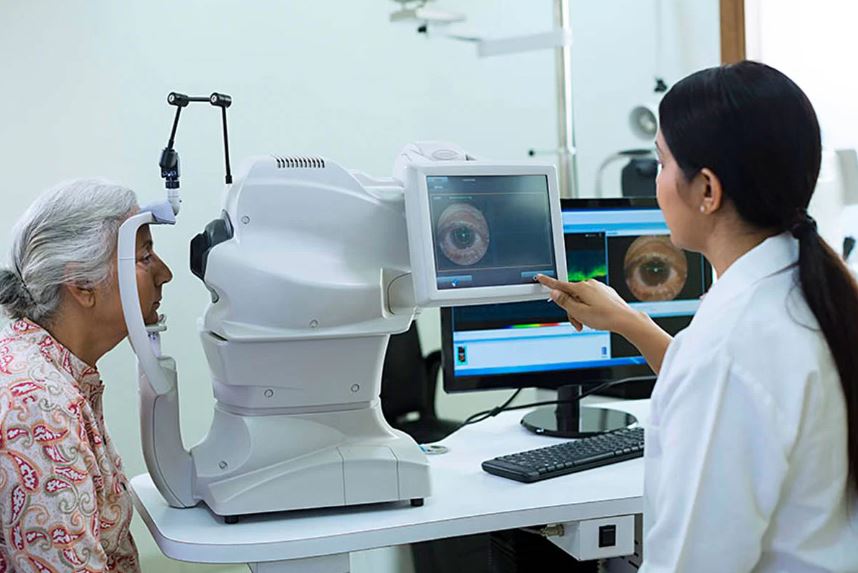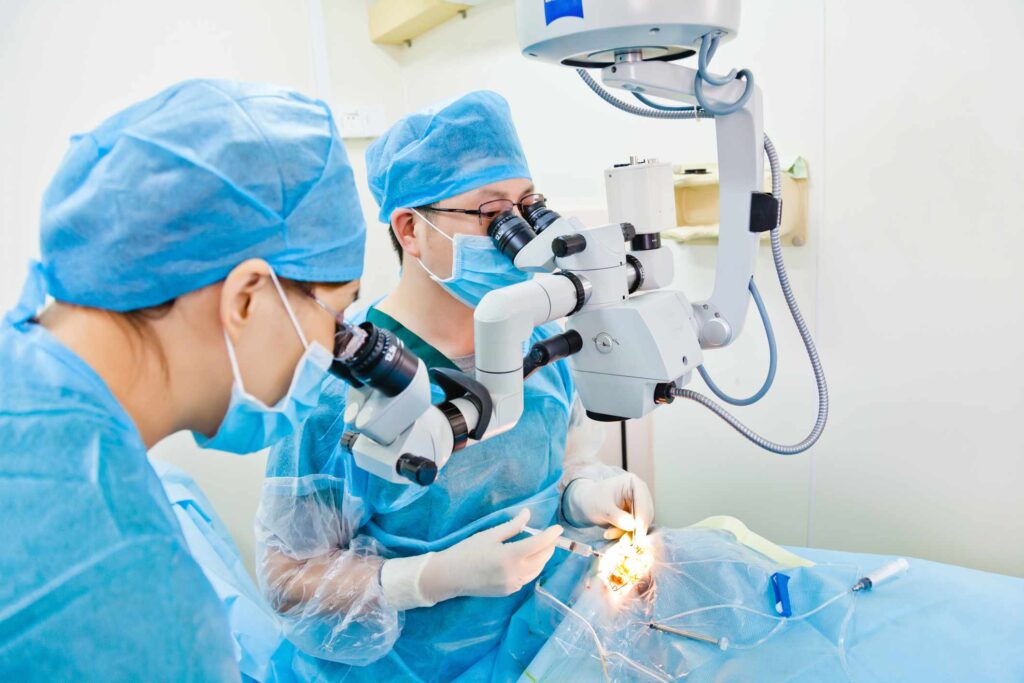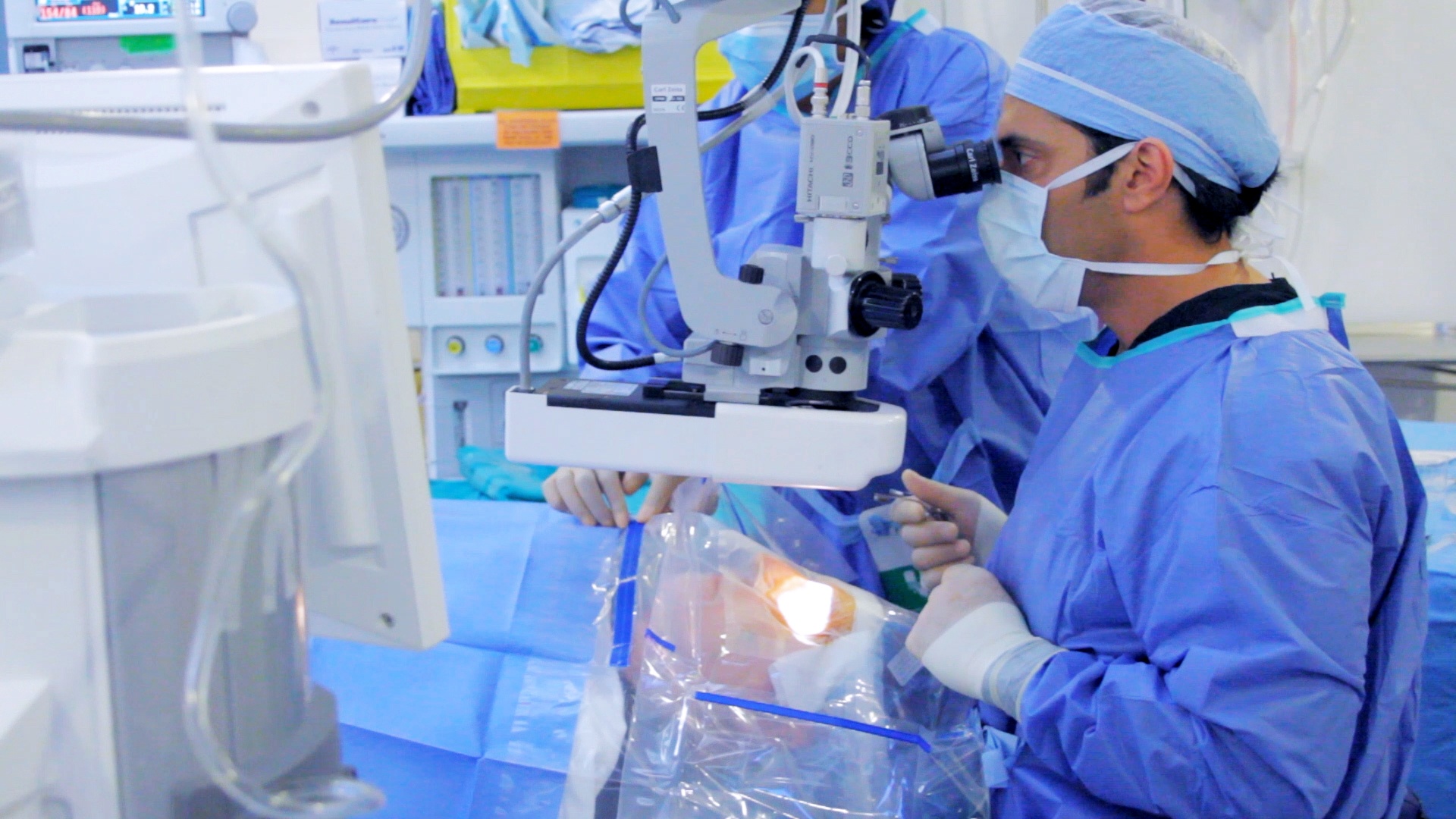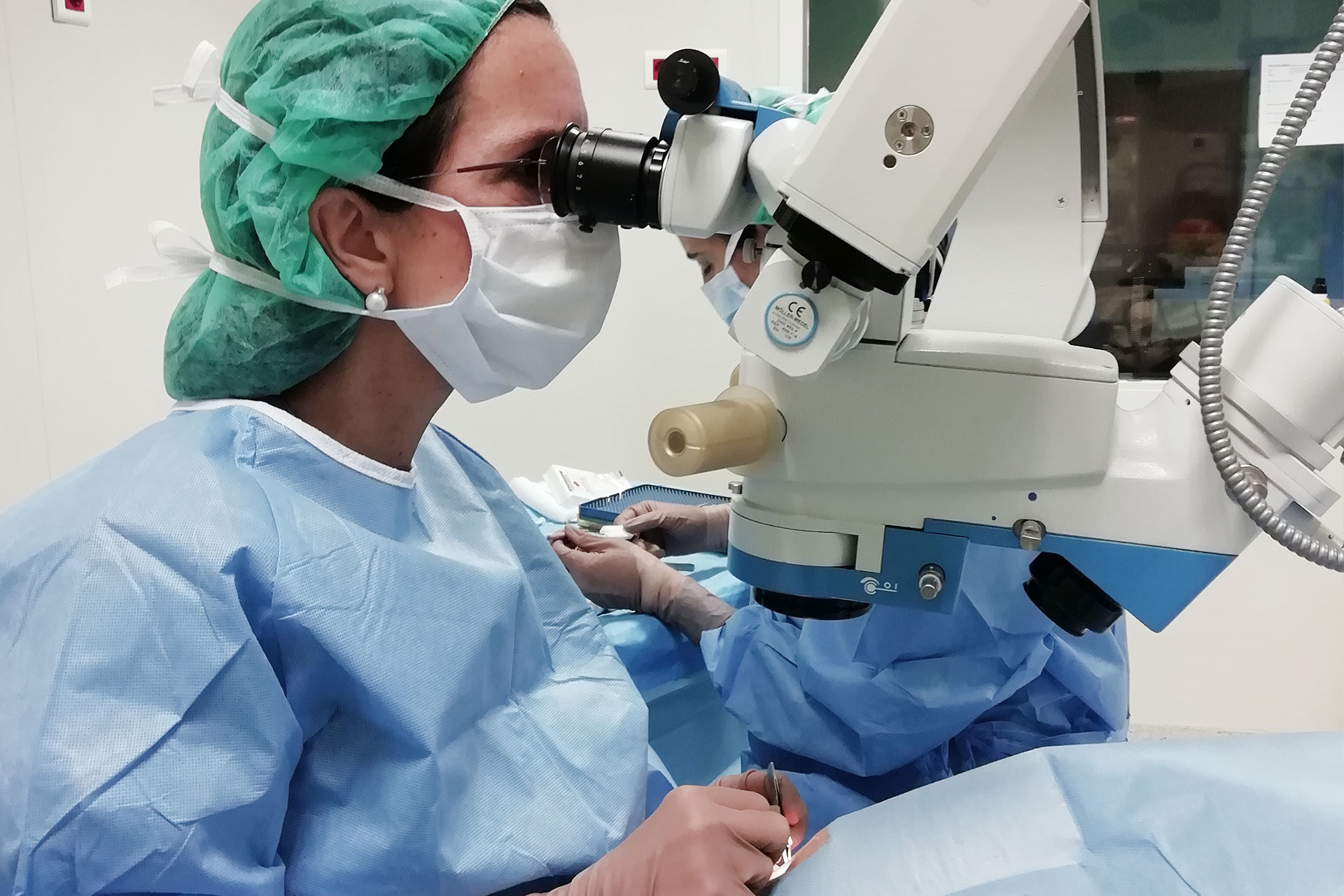Laser eye surgery is a revolutionary procedure that has helped millions of people worldwide achieve clearer vision without the need for glasses or contact lenses. In Sydney, there are several clinics that offer this procedure, but it’s important to choose the best one that suits your needs. With so many options available, it can be overwhelming to decide which clinic to trust with your vision. This article will guide you through the process of understanding laser eye surgery, choosing the right clinic, preparing for the procedure, and taking care of your eyes post-surgery.
Understanding Laser Eye Surgery
The Science Behind Laser Eye Surgery
Laser eye surgery, also known as refractive surgery, is a procedure that uses a laser to reshape the cornea, the clear front surface of the eye. By altering the cornea’s shape in best laser eye surgery, the surgeon can correct common vision problems such as nearsightedness, farsightedness, and astigmatism. The laser precisely removes tissue from the cornea, allowing light to focus properly on the retina and improving vision.
During the procedure, the surgeon creates a thin flap on the cornea using a microkeratome or femtosecond laser. This flap is then lifted, and the underlying corneal tissue is reshaped using an excimer laser. The excimer laser emits a cool ultraviolet light beam that precisely removes microscopic amounts of tissue from the cornea, reshaping it to the desired curvature. Once the cornea has been reshaped, the flap is carefully repositioned, and it adheres naturally without the need for stitches.
The entire laser eye surgery procedure typically takes less than 30 minutes per eye, and it is usually performed on an outpatient basis. Local anesthesia in the form of eye drops is used to numb the eye, ensuring that the patient remains comfortable throughout the procedure. The recovery time is relatively short, with most patients experiencing improved vision within a day or two. Click here to unveil the excellence of laser eye surgery.

Benefits of Laser Eye Surgery
There are numerous benefits to undergoing laser eye surgery. Firstly, it offers the convenience of not needing to rely on glasses or contact lenses for clear vision. This can greatly improve your quality of life and enhance your confidence. Imagine waking up in the morning and being able to see clearly without reaching for your glasses or putting in your contact lenses.
Additionally, laser eye surgery eliminates the inconvenience of having to clean, replace, or purchase contact lenses. For those who have been wearing glasses or contact lenses for years, the freedom from these accessories can be liberating. It also saves money in the long run, as the cost of regular eye exams, prescription updates, and lens replacements can add up over time.
The results of the procedure are usually permanent, although some individuals may require enhancements in the future. This means that you can enjoy clear vision for many years without the need for further interventions. However, it’s important to note that the aging process and other factors can still affect your vision over time, so regular eye check-ups are still recommended.
Potential Risks and Complications
Like any surgical procedure, laser eye surgery carries some risks and potential complications. It’s essential to be aware of these before making a decision. Some common risks include dry eyes, glare or halos around lights, double vision, corneal infection, or undercorrections/overcorrections.
Dry eyes are a common side effect after laser eye surgery, but they usually resolve within a few weeks or months. Artificial tears and other lubricating eye drops can help alleviate any discomfort. Glare or halos around lights may occur, especially at night, but they tend to diminish over time as the eyes heal.
Double vision is a rare complication that may occur if the cornea is not properly reshaped during the surgery. However, advancements in technology and surgical techniques have significantly reduced the occurrence of this complication. Corneal infection is another rare risk, but it can be effectively treated with antibiotics if detected early.
Undercorrections or overcorrections are possible outcomes of laser eye surgery. Undercorrection refers to when the desired vision correction is not fully achieved, while overcorrection occurs when too much corneal tissue is removed, resulting in overcompensation. These issues can often be addressed with enhancement procedures, which are additional laser treatments to fine-tune the results.
It’s important to note that the chances of experiencing these complications are relatively low, and most patients achieve excellent outcomes with minimal side effects. The success rate of laser eye surgery is high, with the majority of patients achieving 20/20 vision or better. However, individual results may vary, and it’s crucial to have a thorough consultation with a qualified surgeon to determine if you are a suitable candidate for the procedure.
Choosing the Right Laser Eye Surgery Clinic in Sydney
When it comes to choosing a laser eye surgery clinic in Sydney, there are several key factors that you should take into consideration. Making the right decision is crucial, as it can have a significant impact on the success and outcome of your surgery. So, let’s delve deeper into the important factors that you should keep in mind.

Experience and Qualifications of Surgeons
One of the most important factors to consider is the experience and qualifications of the surgeons at the clinic. Laser eye surgery is a specialized procedure that requires a high level of expertise. Therefore, it is essential to ensure that the clinic you choose has a team of experienced and qualified surgeons who specialize in laser eye surgery. You can research the surgeons’ credentials, their years of experience, and their success rates to gain confidence in their abilities.
Reputation and Patient Reviews
Another crucial aspect to look into is the clinic’s reputation and patient reviews. Reading reviews and testimonials from previous patients can provide valuable insights into the quality of care and the overall patient experience at the clinic. Positive reviews can give you confidence in the clinic’s ability to deliver satisfactory results. On the other hand, negative reviews or a poor reputation should raise red flags and prompt you to explore other options.
State-of-the-Art Equipment and Technology
The clinic’s equipment and technology play a significant role in the success of laser eye surgery. It is important to choose a clinic that has state-of-the-art equipment and utilizes the latest advancements in laser technology. This ensures that you receive the most advanced and effective treatment available, leading to optimal results.
Consultation with the Surgeon
Prior to proceeding with laser eye surgery, it is crucial to schedule a consultation with your potential surgeon. This appointment allows you to address any concerns or questions you may have. It is an opportunity to assess the surgeon’s communication skills, professionalism, and their ability to provide you with the necessary information to make an informed decision.
Important Questions to Ask
During your consultation, there are several important questions that you should ask your potential surgeon. These questions will help you gain a better understanding of the procedure and the surgeon’s expertise. Some of the questions you may consider asking include:
- How many laser eye surgeries have you performed?
- What are your success rates?
- What are the most common side effects or complications associated with the procedure?
- How long is the recovery period?
- Are there any specific preoperative or postoperative instructions I should follow?
Asking these questions will not only provide you with valuable information but also help you establish a rapport with your surgeon. It is important to feel comfortable and confident in your surgeon’s abilities before proceeding with the surgery.

Preparing for Laser Eye Surgery
Pre-Surgery Consultation
Before undergoing laser eye surgery, you will need to attend a pre-surgery consultation. During this appointment, the surgeon will conduct a thorough examination of your eyes to determine if you are a suitable candidate for the procedure. This evaluation will include measuring your corneal thickness, examining the overall health of your eyes, and assessing your current prescription. The surgeon will also discuss the procedure in detail and address any concerns or questions you may have.
What to Expect on the Day of Surgery
On the day of your laser eye surgery, it’s normal to feel a mixture of excitement and nervousness. The procedure itself typically takes less than 30 minutes per eye, but you should plan to spend a few hours at the clinic to allow for pre- and post-operative preparations. Before the surgery, the surgeon will administer numbing eye drops to ensure your comfort throughout the procedure. You will be positioned under the laser, and the surgeon will guide you through each step. It’s important to follow their instructions and keep your eyes focused on the target.
Post-Surgery Care and Recovery
Immediate Aftercare
After laser eye surgery, you will be given specific instructions on how to care for your eyes during the initial recovery period. This may include using prescribed eye drops, wearing protective shields while sleeping, and avoiding activities that may strain your eyes, such as swimming or participating in contact sports. It’s crucial to follow these instructions diligently to ensure proper healing and minimize the risk of complications. Some individuals may experience mild discomfort or blurry vision in the first few days or weeks following the surgery, but these symptoms should gradually improve.
Long-Term Vision Care Post-Surgery
Once you have fully recovered from laser eye surgery, it’s important to prioritize long-term vision care to maintain optimal results. This includes attending regular eye exams with an optometrist or ophthalmologist to monitor your eye health and vision. The surgeon may also recommend certain lifestyle modifications to protect your eyes from potential damage. These can include wearing sunglasses with UV protection, avoiding excessive screen time, and practicing good eye hygiene.
Financing Your Laser Eye Surgery
Understanding Costs and Payment Options
Before scheduling laser eye surgery, it’s crucial to understand the costs involved and explore payment options. The overall cost of the procedure can vary depending on several factors, such as the clinic, surgeon’s experience, and the complexity of your case. It’s recommended to obtain quotes from multiple clinics and carefully review what is included in the price. Some clinics may offer financing options to help make the procedure more affordable.
Insurance and Laser Eye Surgery
While laser eye surgery is considered an elective procedure, it’s worth checking with your health insurance provider to determine if any coverage is available. Some insurance plans may cover a portion of the surgery cost if certain criteria are met. It’s essential to contact your insurance company directly and inquire about their specific policy regarding laser eye surgery.
Conclusion
Laser eye surgery can be a life-changing procedure that provides clear vision and freedom from glasses or contact lenses. To navigate the best laser eye surgery in Sydney, it’s important to understand the science behind the procedure, weigh the benefits and potential risks, choose a reputable clinic, prepare adequately, and adhere to proper post-surgery care. With the right information and guidance, you can confidently embark on your journey towards precision vision and a brighter future.


